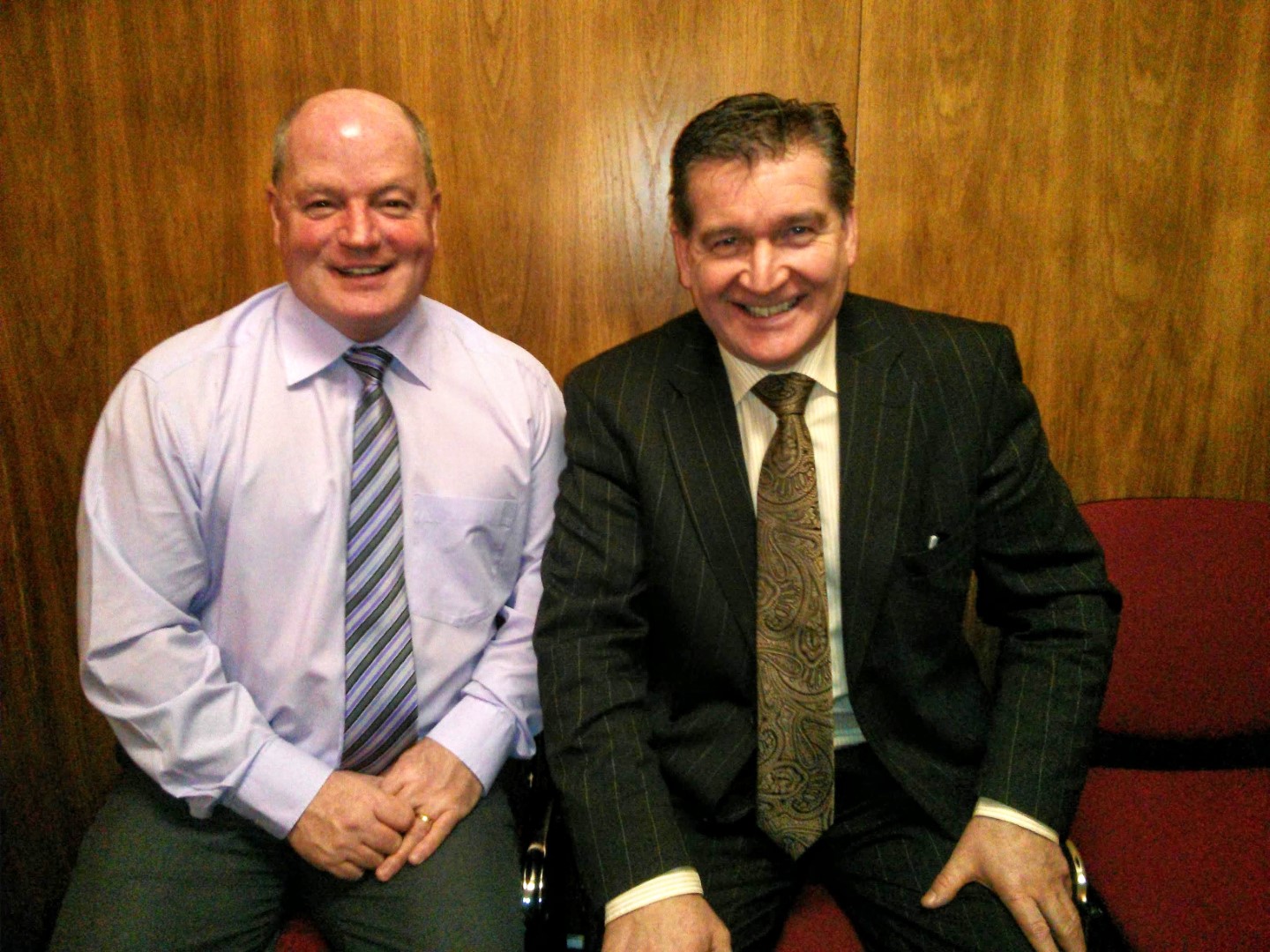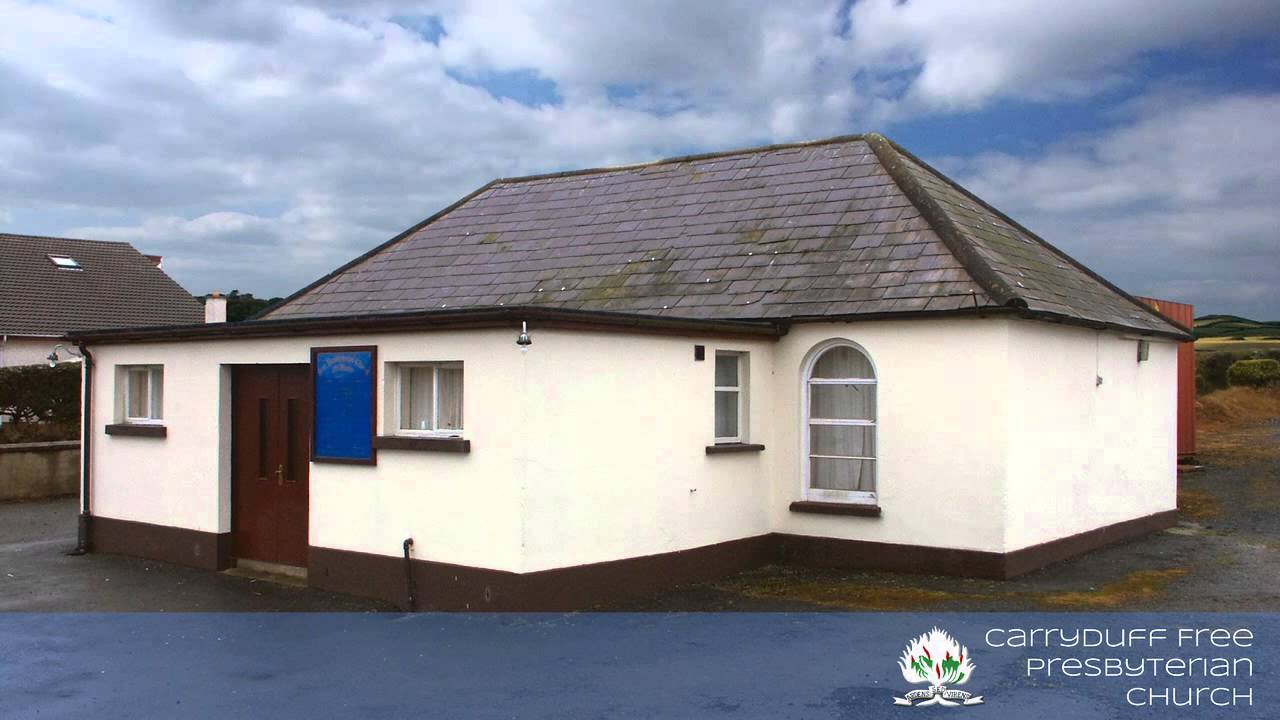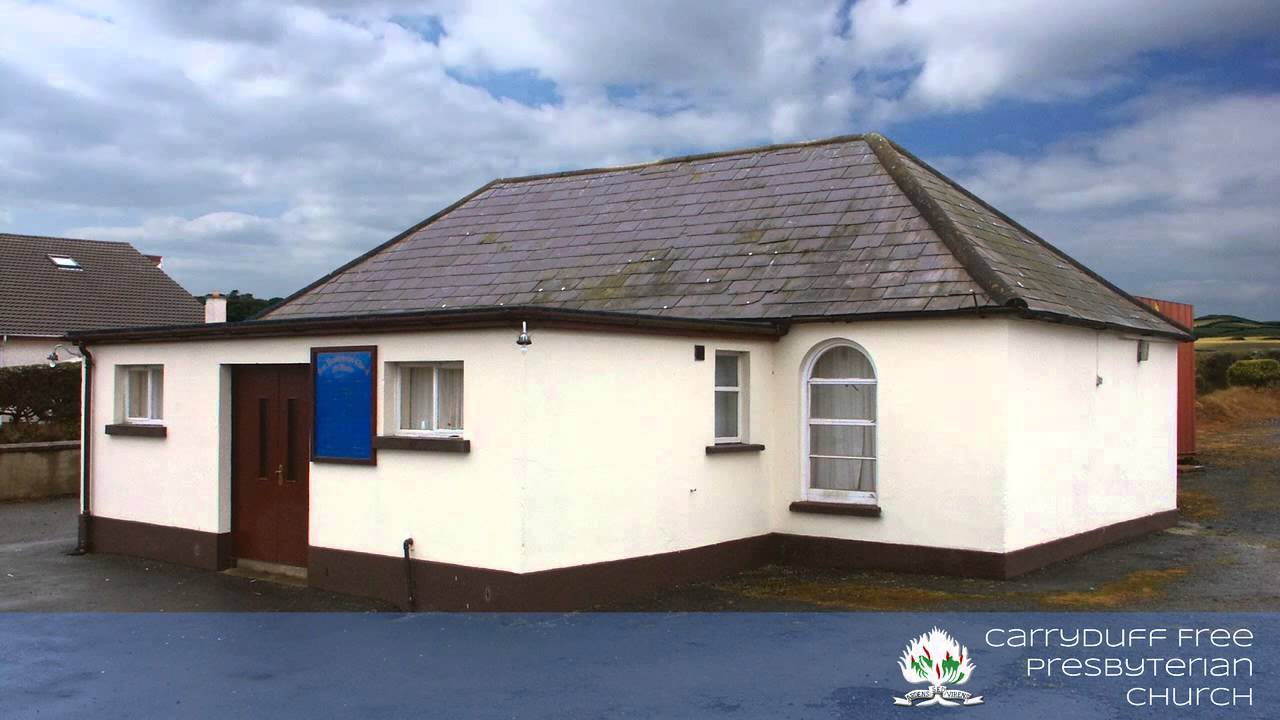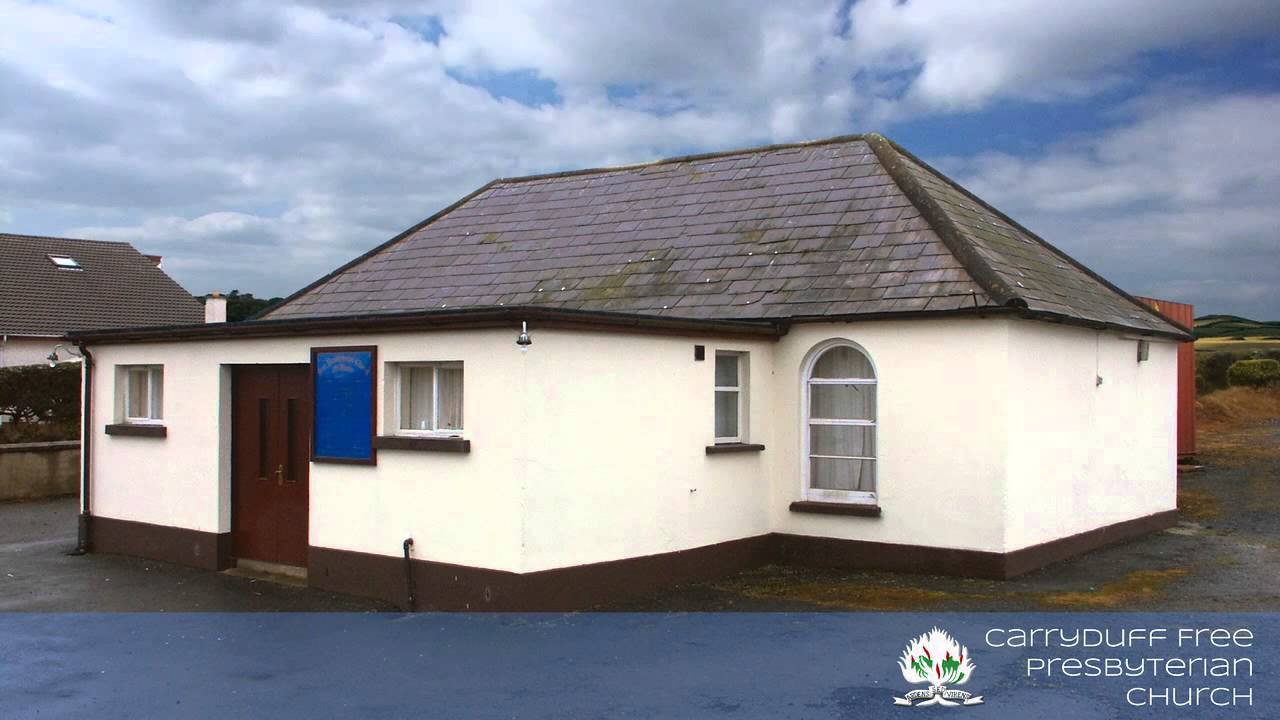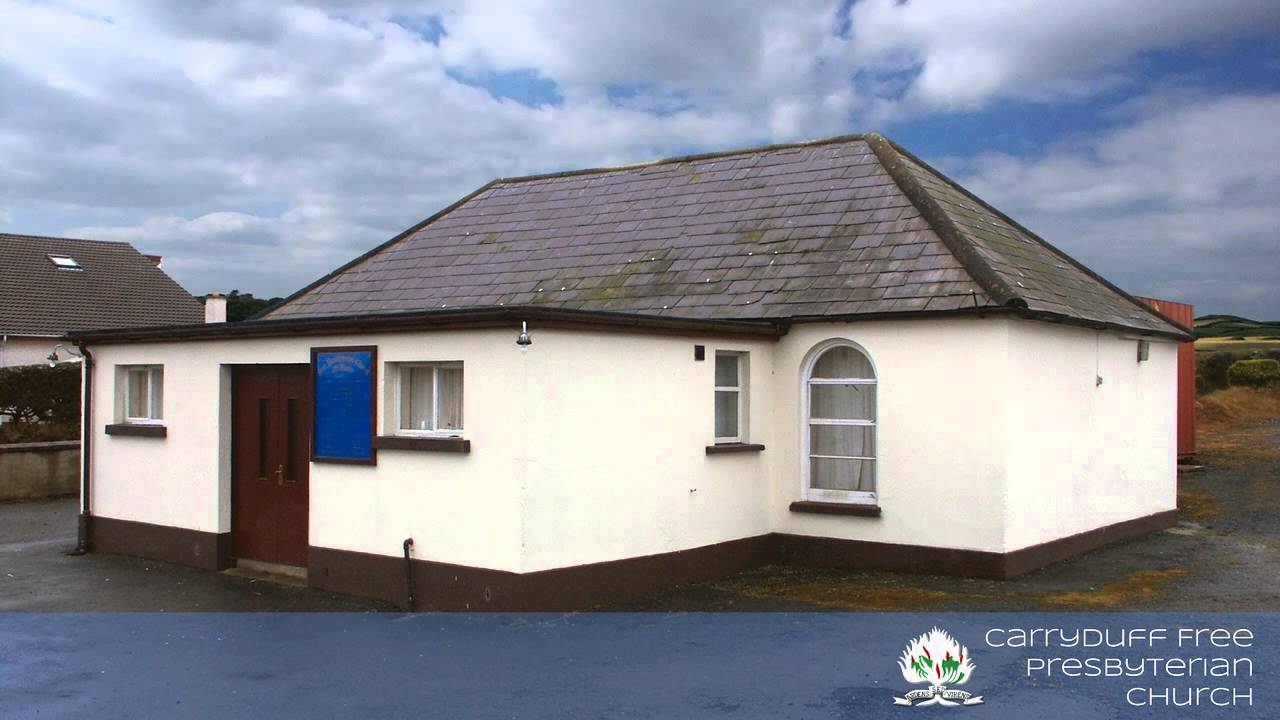Friday 28th February was our penultimate night of the Life and Hope Mission for 2014. The Rev. Thomas Martin, a “townie” from Lurgan, who has been transformed by the power of God, tells of his upbringing, his paramilitary background, his incarceration into the Maze and his conversion through faith in Christ.
Summary of the life and testimony of Rev. Thomas Martin
The testimony, delivered by Thomas Martin, is a deeply personal and spiritual account of his journey from a troubled and sinful past to salvation through faith in Jesus Christ. Presented at a gospel mission on the Killynure Road, Carryduff, the testimony is rooted in evangelical Christian themes, focusing on repentance, salvation, and the transformative power of God’s grace. The speaker reflects on his life experiences, including a challenging upbringing, involvement in crime, imprisonment, and eventual redemption, while urging the congregation to turn to Christ.
Opening Remarks and Context
Rev. Thomas Martin begins by acknowledging the warm welcome extended to the congregation, particularly those attending the gospel mission for the first time or consistently throughout its duration. He expresses gratitude for the support and prayers of God’s people, noting the solemnity of the mission’s conclusion. He emphasises that the gospel has been preached intensely, with prayers offered for the district and individuals, underscoring the spiritual significance of the moment. Martin warns that rejecting the gospel’s call could lead to a hardening of the heart, referencing the biblical notion that God’s Spirit “shall not always strive with man.” He stresses that the mission’s purpose is not to coerce false professions of faith but to appeal to the conscience through the truth of the gospel, urging listeners to respond to God’s call by surrendering to Christ.
Personal Background and Upbringing
Martin shares a candid account of his difficult childhood in Nottingham, England, and later in Northern Ireland. Born into a dysfunctional and ungodly home, he describes his parents as alcoholics, with frequent arguments and violence. His father, Tommy, introduced him to alcohol at the age of three, and the family environment was marked by neglect and chaos. Social services never intervened, which Martin attributes to God’s mercy. After his parents’ separation, his father took custody of Thomas and his two brothers, Colin and David, and moved them to Ardmore, outside Lurgan, Northern Ireland, to live with their grandparents. Life briefly stabilised, but upon moving to Lurgan town, his father resumed heavy drinking and gambling, leaving the boys to fend for themselves.
Martin recounts his father’s neglect, such as leaving the boys without a babysitter while he drank for days, and his own involvement in petty schemes, like collecting lemonade bottles for money or manipulating the gas meter with foreign coins. He describes a violent home environment, where his father’s beatings left physical and emotional scars. Despite these hardships, a Christian woman named Elsie entered their lives, offering kindness and persistently encouraging the family to attend church. Though resistant, Martin and his brothers were coerced by their father to participate in church activities, including Sunday services, Boys’ Brigade, youth club, confirmation classes, and even the choir—much to Martin’s embarrassment.
Father’s Conversion
A turning point came in 1976 when Elsie successfully persuaded Martin’s father to attend a gospel tent campaign led by Dick Saunders. That night, Tommy Martin experienced a profound conversion, returning home transformed. He declared to his sons that he had been “saved,” renouncing alcohol and the chaotic lifestyle that defined their home. This change was so evident that even young Thomas recognised the power of God to transform lives. A subsequent house fire, which destroyed their home, was interpreted by his father as God “burning” his past, symbolising a fresh start. This event solidified Martin’s belief in the reality of salvation and the gospel’s power.
Descent into Crime and Imprisonment
Despite his father’s transformation, Martin resisted the gospel, influenced by the devil’s lie that he could delay salvation and live for worldly pleasures. As a teenager, he and his brother David fell into the wrong company, becoming involved with loyalist paramilitaries, specifically the Ulster Volunteer Force (UVF). In 1981, at ages 18 and 20, they were arrested by the Royal Ulster Constabulary (RUC) for terrorist offences and remanded in custody. Their case was complicated by a “supergrass” trial, where an informant’s retracted evidence led to the collapse of charges against senior figures, but Martin and David received heavy sentences—12 years, with additional concurrent sentences.
Sent to the Maze Prison during the 1981 hunger strikes, they faced a brutal environment. Initially joining the loyalist protest for segregation, Martin describes the prison as a place of evil, filled with psychopaths. However, God’s presence was evident through saved prisoners who served as orderlies and shared the gospel with others, including Martin.
Salvation in Prison
In the Maze Prison, Martin encountered Christian prisoners who challenged him with Scripture, particularly Romans 3:23 (“For all have sinned and come short of the glory of God”). This truth broke through his self-justification, as he had previously compared himself favourably to other prisoners. Convicted of his sin, Martin wrestled with guilt and anxiety until he read a booklet by Noel Grant, based on Revelation 3:20, depicting Jesus knocking at the heart’s door. On 13 June 1983, in his cell, Martin prayed a simple prayer, asking Jesus to come into his heart. He experienced an immediate sense of relief, as his burden of guilt was lifted, confirming his salvation. Seven weeks later, his brother David also came to faith, further affirming God’s work in their lives.
As saved prisoners, Martin and David became “trustees” in the prison, trusted to work outside the prison walls and distribute gospel tracts to other inmates. This role allowed them to share their faith across the prison, leaving tracts in every locker, which became part of the prison’s inspection routine.
Life After Prison
Released in 1988, Martin married June, a Christian woman who had written to him during his imprisonment. Their relationship, sustained through letters and brief visits, culminated in marriage in June 1988. They have three sons—Aaron, Samuel, and Timothy. Martin pursued theological training at Whitfield College of the Bible, despite lacking formal education, and has served faithfully in Lisburn for nearly 19 years (up until 2014), believing he is in the centre of God’s will.
Reconciliation with His Mother
In a surprising revelation, Martin learned after his father’s death in 1990 that his mother, presumed dead, was alive and living in Bangor, Northern Ireland. Her maiden name discrepancies (Corbett and Flanagan) were due to adoption and a scheme to claim benefits. Martin and David met her, discovering she had attempted to contact them during their imprisonment but was denied access. Though she professed faith earlier, she was backslidden and living a sinful life. Martin shared the gospel with her, and before her death, he and David urged her to call on the Lord. While uncertain of her eternal state, Martin conducted her funeral service, finding closure in sharing his testimony with her.
Closing Appeal and Prayer
Martin concludes by urging the congregation to respond to the gospel, emphasising that Christ can save anyone, regardless of their past. He shares his awe at God’s grace, which saved a “guilty, vile, hell-deserving sinner” like himself, and encourages others to call on Jesus for salvation. The testimony ends with a prayer, thanking God for His saving work, asking for the salvation of souls, the restoration of backsliders, and the revival of the church.
Key Themes
- Redemption and Transformation: Martin’s journey from a troubled childhood and criminal life to salvation illustrates the transformative power of the gospel.
- God’s Grace and Mercy: He repeatedly acknowledges that his salvation is due to God’s unmerited grace, not his own efforts or worthiness.
- Urgency of Salvation: The testimony warns against delaying repentance, citing the danger of God withdrawing His Spirit.
- Power of the Gospel: Through his father’s conversion and his own, Martin underscores the gospel’s ability to change lives, even in the darkest circumstances.
- Personal Testimony as Witness: His story serves as a tool to glorify Christ and encourage others to seek salvation.
Tone and Delivery
The testimony is delivered with passion, sincerity, and a sense of urgency, blending personal anecdotes with scriptural references (e.g., Psalm 34, Romans 3:23, Revelation 3:20). Martin uses humour to recount his childhood struggles, humility to acknowledge his sinfulness, and conviction to appeal to the congregation. The frequent use of “Amen” and direct addresses to the audience (“Listen to me”) reflect an evangelical preaching style, aiming to engage and convict listeners.
Subscribe to the podcast here:
Spotify Podcasts | Apple Podcasts | Pocket Casts
Email | RSS | more information here



